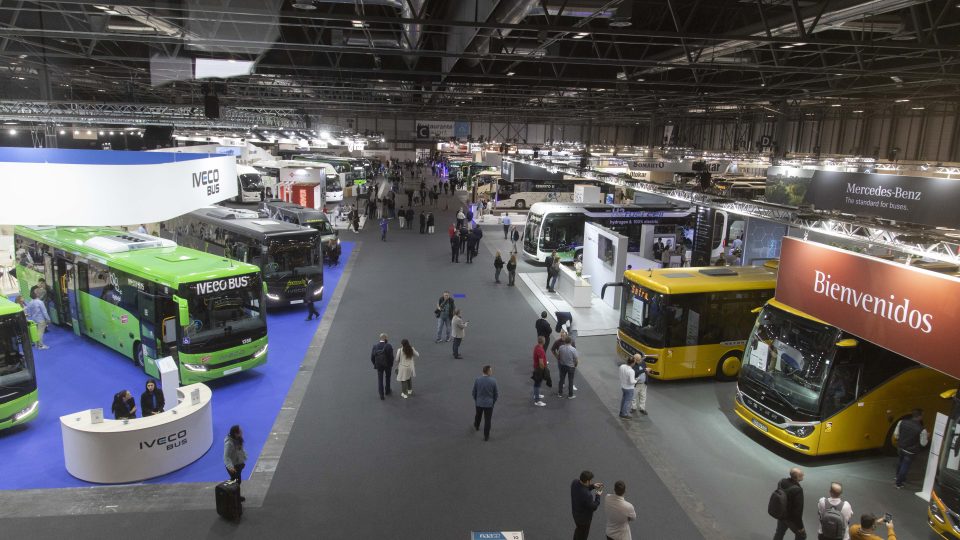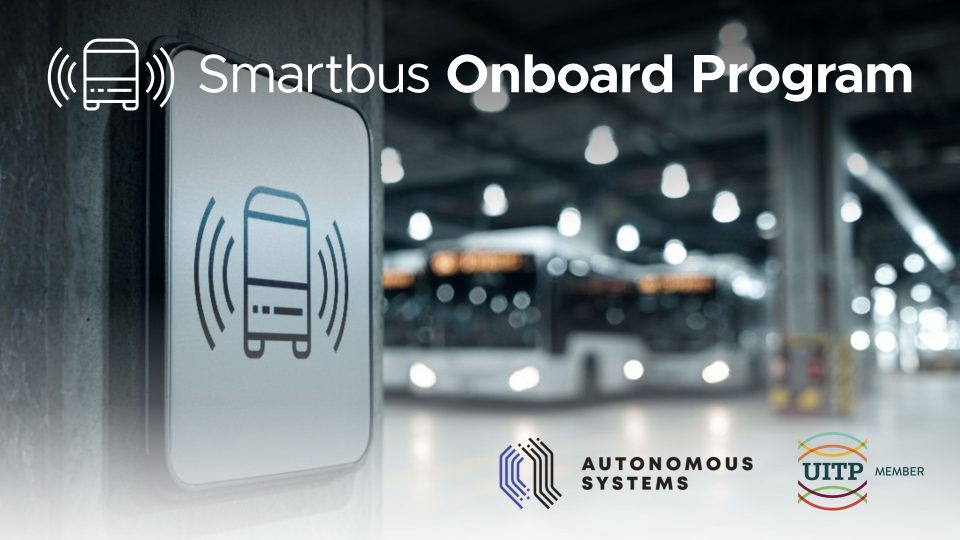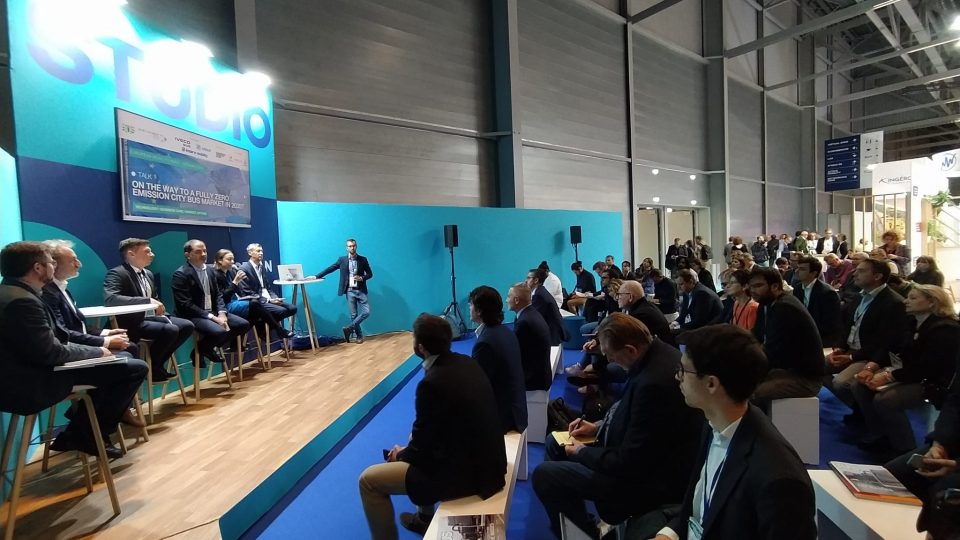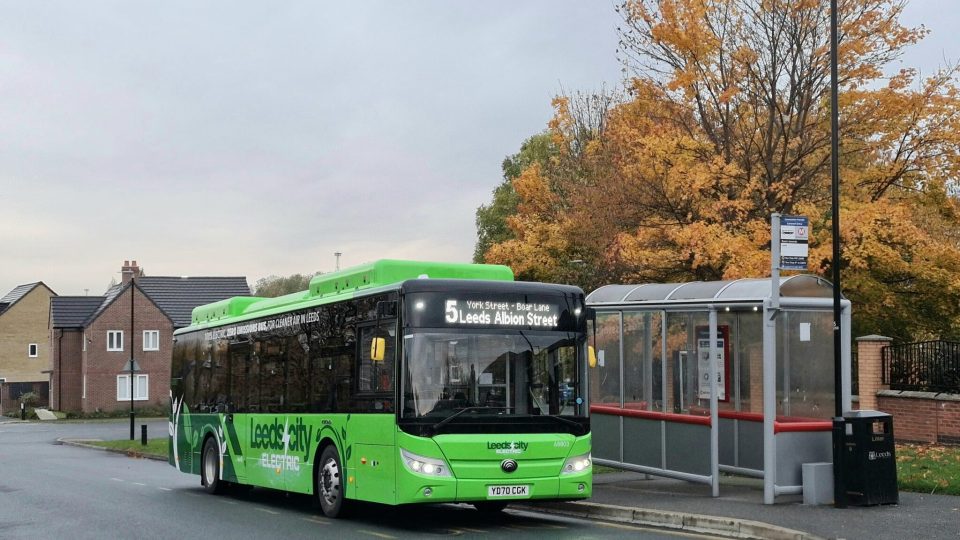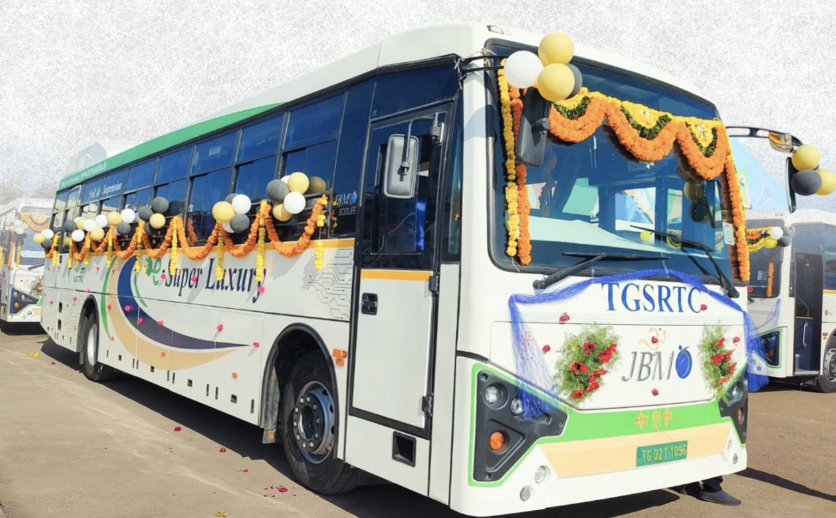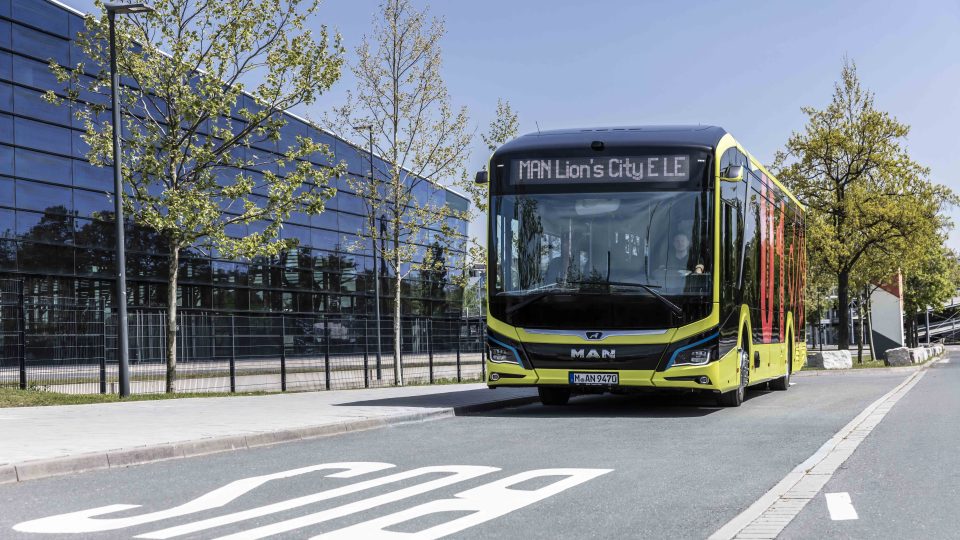Isuzu and Toyota to jointly develop a fuel cell bus model at J-Bus plant in Japan. Production from 2026
Isuzu and Toyota will jointly develop a fuel cell bus, with production scheduled to start in FY2026 at J-Bus’s Utsunomiya plant. It’s Toyota sharing this information in a recent press note. The model will be based on the flat-floor battery-electric bus platform designed by Isuzu and manufactured by J-Bus, combined with Toyota’s fuel cell system. […]
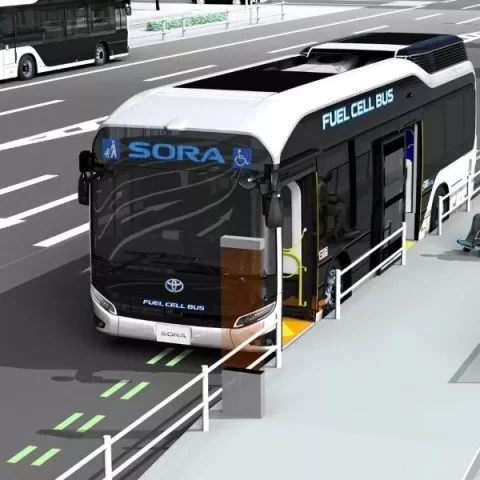
Isuzu and Toyota will jointly develop a fuel cell bus, with production scheduled to start in FY2026 at J-Bus’s Utsunomiya plant. It’s Toyota sharing this information in a recent press note. The model will be based on the flat-floor battery-electric bus platform designed by Isuzu and manufactured by J-Bus, combined with Toyota’s fuel cell system.
This news follows the collaboration announced in 2022 between Isuzu, Hino and Toyota, aiming to «strengthen their efforts to electrify buses toward the achievement of carbon neutrality by 2050» in Japan.
Isuzu – Toyota: fuel cell buses with Hino
The initiative aims to expand the range of carbon-neutral options available to public transport operators, alongside battery-electric buses. Standardization of components between BEV and FCEV platforms is expected to reduce costs and accelerate deployment.
J-Bus is a Japanese bus manufacturing company established in 2001 as an equal joint venture between Isuzu Motors and Hino Motors. Headquartered in Utsunomiya, Tochigi Prefecture, J-Bus designs and produces a wide range of buses, including large route buses, highway coaches, and medium-sized vehicles. Isuzu and Hino launched the vehicle’s platform in fiscal year 2024.
The two companies say that they plan to collaborate with local governments and businesses in regions prioritized for hydrogen commercial vehicles, supporting the progressive reduction of CO₂ emissions in the public transport sector.

